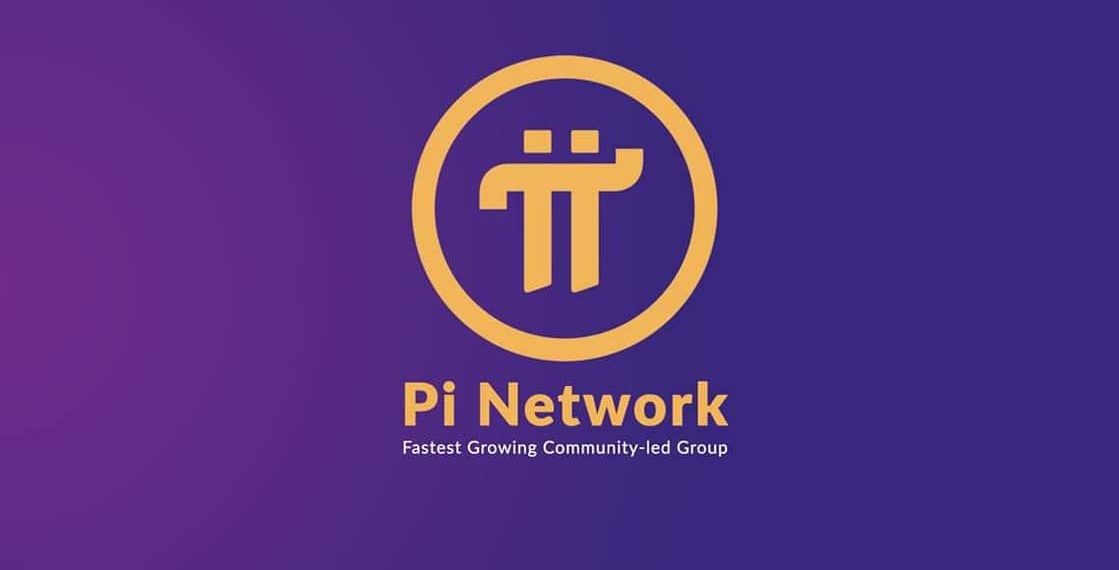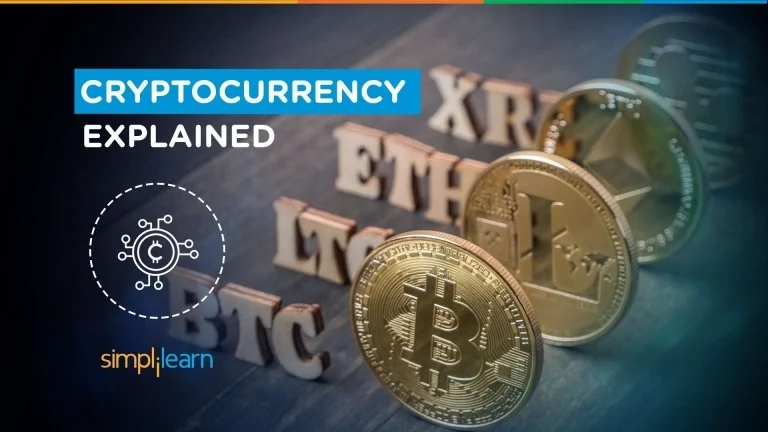Cryptocurrency
By early 2025, Pi Network had switched to its Open Mainnet. This step took down the barriers of the earlier “Enclosed Network,” meaning it can now connect to other systems, potentially get listed on exchanges, and let more apps plug in https://casino-review-au.org/. It’s built for phones first, using SCP and those Security Circles. Validator Nodes and SuperNodes are key parts of the system, making sure everything runs smoothly and securely.
The current price of Pi Network (PI) today is 1.17782 USD with a current market cap of $ 8.37B USD. PI to USD price is updated in real-time.Key Pi Network Market Performance:- 24-hour trading volume is $ 25.58M USD- Pi Network price change within the day is +3.49%- It has a circulating supply of 7.11B USD
Discover Pi Network’s mobile cryptocurrency mining platform: its origins, development phases, and controversies. Learn why this project claims 60 million users and whether it lives up to the hype in 2025. A comprehensive analysis of Pi’s approach to accessible crypto mining.
Pi Network’s blockchain started as a modified version of Stellar Core, which is open-source. The plan is for the blockchain part of the Pi Node software to be open-source too. While Pi uses open-source bits and pushes its PiOS for community apps, there’s been some chatter about how thoroughly all its main parts can be independently checked. The Open Mainnet going live is a big stride toward being more open.

What is cryptocurrency
In June 2021, El Salvador became the first country to accept bitcoin as legal tender, after the Legislative Assembly had voted 62–22 to pass a bill submitted by President Nayib Bukele classifying the cryptocurrency as such.
Familiarizing yourself with blockchain technology can help you build a better understanding of how cryptocurrency works so you can make the best choices for yourself. Before investing, you might consider enrolling in a free online course like Princeton University’s Bitcoin and Cryptocurrency Technologies.
Cryptocurrencies aren’t just for sending money without using a bank. They can do all kinds of cool things. These cryptocurrencies and many others are available to buy and sell on crypto exchanges. So, what is cryptocurrency trading?

In June 2021, El Salvador became the first country to accept bitcoin as legal tender, after the Legislative Assembly had voted 62–22 to pass a bill submitted by President Nayib Bukele classifying the cryptocurrency as such.
Familiarizing yourself with blockchain technology can help you build a better understanding of how cryptocurrency works so you can make the best choices for yourself. Before investing, you might consider enrolling in a free online course like Princeton University’s Bitcoin and Cryptocurrency Technologies.
Cryptocurrency
A node is a computer that connects to a cryptocurrency network. The node supports the cryptocurrency’s network through either relaying transactions, validation, or hosting a copy of the blockchain. In terms of relaying transactions, each network computer (node) has a copy of the blockchain of the cryptocurrency it supports. When a transaction is made, the node creating the transaction broadcasts details of the transaction using encryption to other nodes throughout the node network so that the transaction (and every other transaction) is known.
It can take a lot of work to comb through a prospectus; the more detail it has, the better your chances it’s legitimate. But even legitimacy doesn’t mean the currency will succeed. That’s an entirely separate question, and that requires a lot of market savvy. Be sure to consider how to protect yourself from fraudsters who see cryptocurrencies as an opportunity to bilk investors.
The IMF is seeking a coordinated, consistent and comprehensive approach to supervising cryptocurrencies. Tobias Adrian, the IMF’s financial counsellor and head of its monetary and capital markets department said in a January 2022 interview that “Agreeing global regulations is never quick. But if we start now, we can achieve the goal of maintaining financial stability while also enjoying the benefits which the underlying technological innovations bring,”
On 6 August 2014, the UK announced its Treasury had commissioned a study of cryptocurrencies and what role, if any, they could play in the UK economy. The study was also to report on whether regulation should be considered. Its final report was published in 2018, and it issued a consultation on cryptoassets and stablecoins in January 2021.
